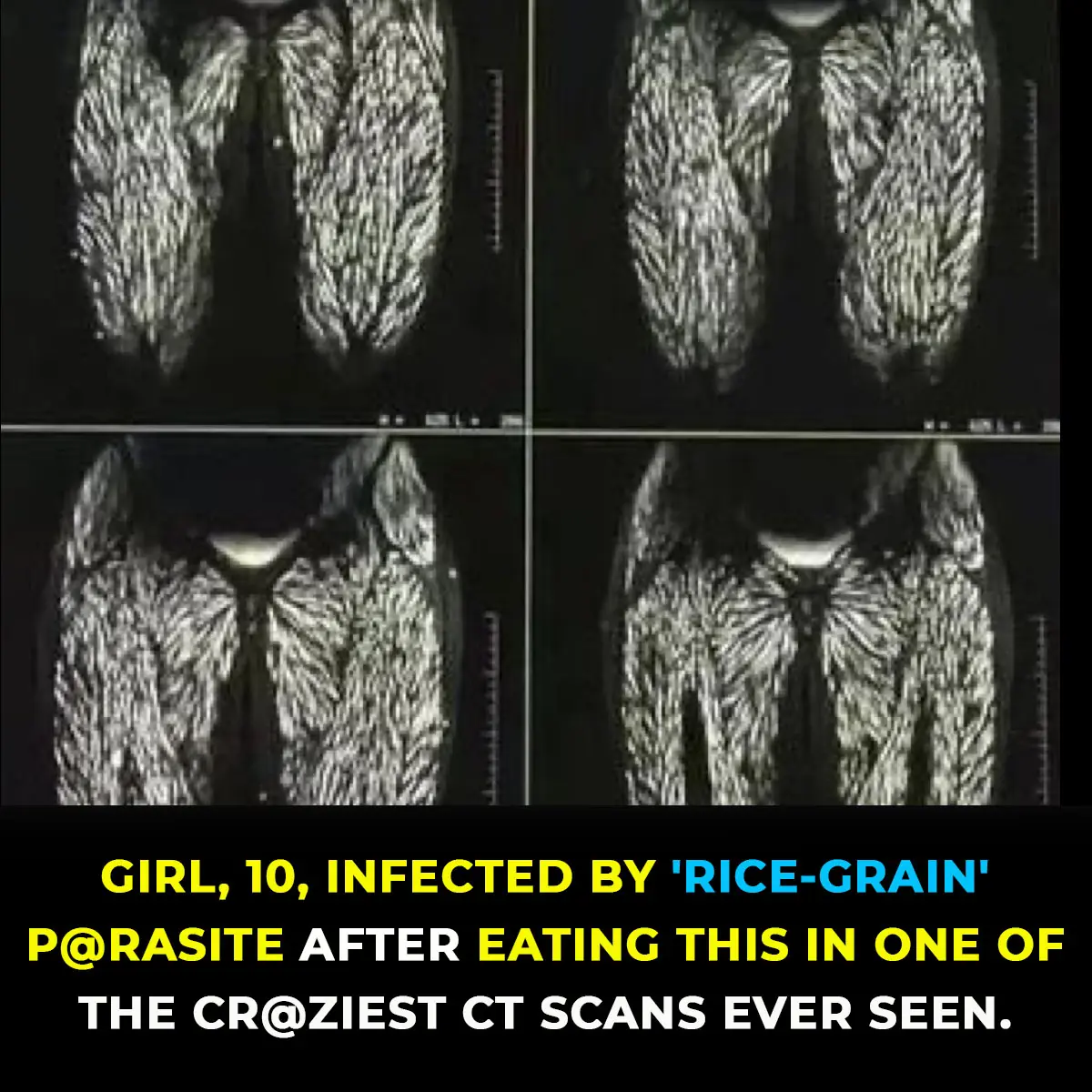
HealthWhy Kidney Failure Is Striking The Young—And How To Stop It
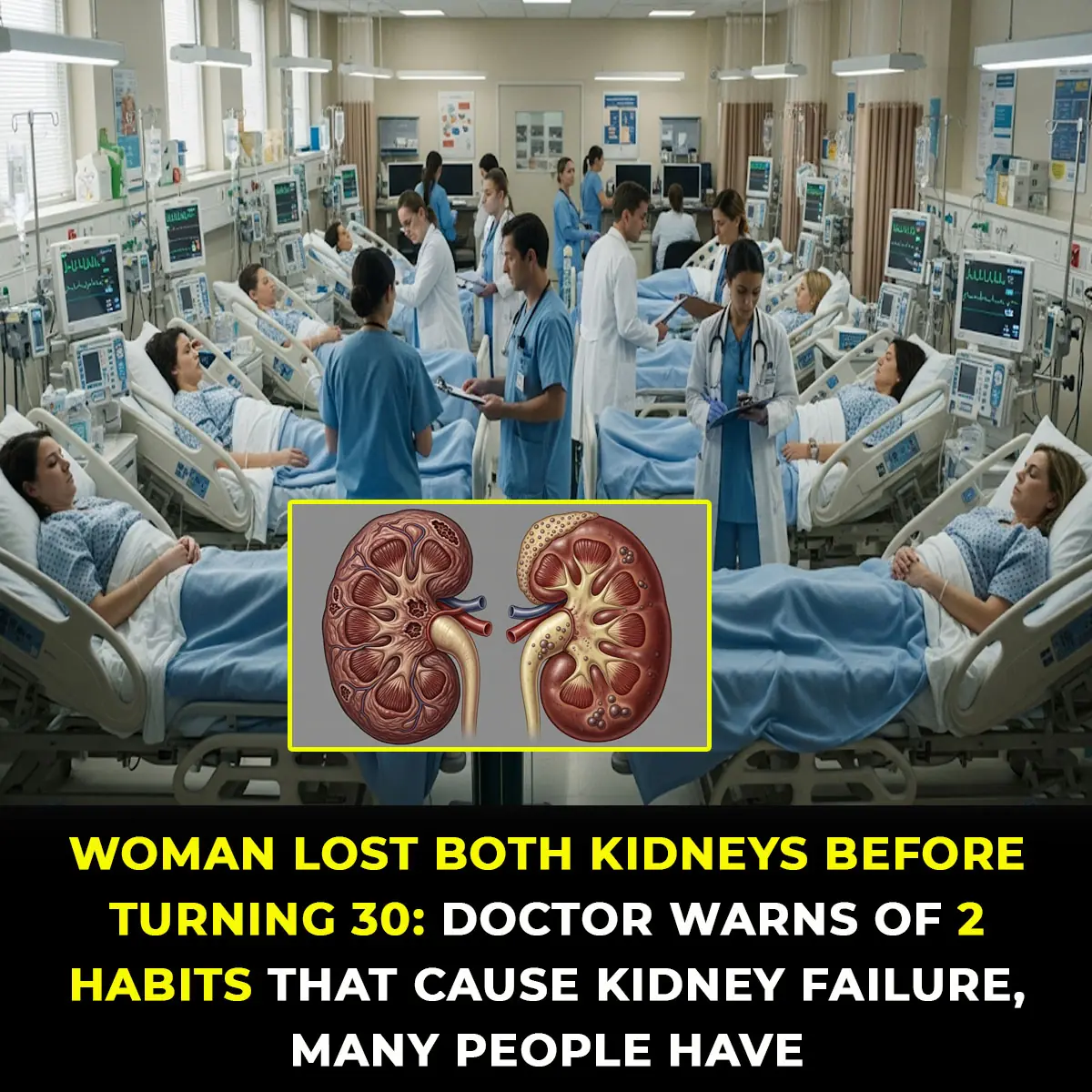
In recent months, a disturbing trend has emerged, leaving both the public and medical professionals concerned: end-stage renal disease (ESRD), which was once seen as a condition predominantly affecting older adults, is now being diagnosed in people as young as their 20s—and even teenagers. The recent case of a young Vietnamese actress, not yet 30, diagnosed with ESRD has sparked widespread alarm on social media. However, she is far from the only case.
In Hanoi, a 29-year-old carpenter, with no history of chronic illness, began to experience persistent fatigue. Initially dismissing it as the result of overwork—a common excuse for many young adults—the exhaustion lingered, prompting him to seek medical attention. The diagnosis was shocking: end-stage renal failure. His kidneys were functioning at less than 10% of their capacity. While doctors are doing their best to preserve what remains of his kidney function, dialysis may be inevitable.
A similarly unsettling case occurred at a university hospital, where a second-year student in his early 20s suddenly collapsed and was rushed to the emergency room. Initial tests excluded heart conditions, stroke, or drug intoxication. However, further tests revealed something far more surprising—his kidneys had failed completely. His lifestyle, typical for many young adults—late nights, processed foods, and lack of exercise—seemed to have led to this catastrophic failure of kidney function.
These cases are no longer isolated. Nephrologists worldwide are sounding the alarm: kidney failure is affecting younger individuals.
The Growing Concern of Kidney Failure in Young Adults: A Global Crisis
Kidney failure, particularly ESRD, is the final stage of chronic kidney disease (CKD), where the kidneys can no longer filter waste products from the blood effectively. According to the World Health Organization (WHO), CKD is now the 10th leading cause of death worldwide—and its prevalence is increasing.
Countries such as Vietnam, India, the United States, and parts of Africa are seeing more young patients diagnosed with kidney disease. The Global Burden of Disease Study, published in The Lancet, shows that kidney disease-related deaths have surged by over 50% in the last two decades. Alarmingly, CKD prevalence among those under 40 has doubled in some regions.
This shift is no longer just a statistical anomaly—it signals a broader health crisis affecting younger generations.
Why Is This Happening? Two Lifestyle Habits Driving the Trend
Doctors agree that the kidney failure epidemic among young adults is largely preventable. The primary factors contributing to this rise are lifestyle choices—specifically, two common but harmful habits:
-
Unbalanced Diets Rich in Protein and Processed Foods
Modern diets—especially those promoted as “high-protein” for fitness or weight loss—are putting significant strain on young kidneys. Excessive protein intake increases urea and uric acid levels in the blood, both of which the kidneys must filter. Over time, this overload damages the nephron and can lead to the formation of uric acid crystals, causing kidney stones and even chronic inflammation.
Processed foods, high in sodium, sugar, and phosphates, also disrupt the delicate balance necessary for kidney function. Soft drinks, chips, processed meats, and instant noodles—common staples in many young adults' diets—are laden with these harmful additives.
A 2020 study published in the Clinical Journal of the American Society of Nephrology found that diets high in sodium and low in potassium are significant risk factors for hypertension and kidney deterioration, even in young adults without prior health issues.
-
Lack of Exercise and Sedentary Lifestyles
The second major factor contributing to kidney failure is a sedentary lifestyle. Physical inactivity leads directly to obesity, insulin resistance, and high blood pressure—all of which are strongly linked to kidney damage. Without regular movement, blood flow to the kidneys decreases, making the body more vulnerable to metabolic disorders.
A 2023 review in Kidney International Reports found that sedentary behavior is associated with rapid declines in estimated glomerular filtration rate (eGFR), a key measure of kidney function.
The modern digital lifestyle—spending long hours on laptops, binge-watching TV shows, and endless scrolling on smartphones—has resulted in many young adults sitting for 10–12 hours a day, far beyond what the human body is designed for.
The Silent Decline of Kidney Function
One of the most alarming aspects of kidney disease is how it often progresses without noticeable symptoms.
In its early stages, CKD shows few signs. The kidneys are incredibly resilient, often functioning with as little as 20% of their normal capacity without raising any red flags. By the time symptoms like fatigue, poor appetite, swelling, or changes in urination appear, the damage is often irreversible.
Many of these early signs resemble less serious conditions:
-
Fatigue and dizziness: Often mistaken for stress or anemia.
-
Nausea and loss of appetite: Often attributed to gastritis or poor diet.
-
Swelling in the ankles or around the eyes: Blamed on poor sleep or minor infections.
-
Frequent urination at night (nocturia): Often dismissed as a bladder issue or excess fluid intake.
This silent progression means many young adults don’t seek medical help until they are in Stage 4 or 5 of CKD, when dialysis or a kidney transplant may be their only options.
How Kidney Function Is Measured
Doctors evaluate kidney health using several key metrics:
-
eGFR (estimated Glomerular Filtration Rate): Measures how well the kidneys filter waste. An eGFR below 60 for more than three months indicates CKD, and below 15 signifies kidney failure.
-
Creatinine: A waste product from muscle metabolism. Elevated levels indicate poor kidney filtration.
-
BUN (Blood Urea Nitrogen): A marker for how well the kidneys are clearing waste.
-
Urinalysis: Checks for abnormalities such as protein or blood in the urine.
The tragic part is that these tests are simple and routine, yet most young adults never request them.
Who Is at Risk?
While anyone can develop kidney disease, certain groups are more susceptible:
-
People on high-protein diets or muscle-building regimens
-
Those who regularly use over-the-counter painkillers like ibuprofen
-
Young adults with obesity or prediabetes
-
Individuals with a family history of kidney disease
-
Smokers and those exposed to environmental toxins
-
People with untreated urinary tract infections (UTIs)
-
Frequent users of energy drinks and unregulated supplements
The Role of Energy Drinks and Supplements
Energy drinks, popular among students and professionals, contain high levels of caffeine, sugar, and artificial additives. These can cause dehydration and raise blood pressure—both of which are detrimental to kidney health.
Unregulated protein powders and bodybuilding supplements often contain nephrotoxic substances like creatine monohydrate, synthetic amino acids, or heavy metals such as cadmium and lead.
A 2021 study in the Journal of Nephrology linked long-term overuse of supplements to tubulointerstitial nephritis, an inflammatory condition that damages kidney tubules.
Don’t Wait for Symptoms: Get Screened Early
Doctors emphasize that prevention and early detection are critical. Everyone, especially young adults, should consider getting a kidney checkup every 6 to 12 months. Basic tests include:
-
A urine test (to detect protein or blood)
-
A blood test (to check creatinine and eGFR)
-
A blood pressure reading
-
A BMI measurement
Regular health checkups can detect early signs of kidney issues before they become chronic diseases.
How to Protect Your Kidneys Starting Today
The good news is that kidney disease is preventable—and even reversible in its early stages. Here’s what experts recommend:
-
Eat Clean and Balanced
-
Limit processed foods, sugar, and red meat.
-
Opt for whole grains, fresh fruits, and vegetables.
-
Drink at least 2 liters of water daily (unless otherwise advised).
-
Avoid excessive salt and phosphates (found in soft drinks and processed snacks).
-
Move Your Body Daily
-
Aim for 30 minutes of moderate exercise 5 days a week.
-
Walking, yoga, swimming, and cycling are all great for kidney health.
-
Limit Painkiller and Supplement Use
-
Avoid regular use of NSAIDs (like ibuprofen) unless prescribed.
-
Stick to doctor-approved supplements and avoid unregulated products.
-
Control Blood Pressure and Blood Sugar
-
Even in your 20s, check your blood pressure annually.
-
If you have a family history of diabetes, get screened early.
-
Sleep Well and Manage Stress
-
Chronic stress raises cortisol, which damages organs.
-
Sleep at least 7–9 hours per night to support cellular repair.
-
Quit Smoking and Reduce Alcohol
-
Smoking reduces kidney oxygenation by narrowing blood vessels.
-
Excessive alcohol dehydrates the body and raises blood pressure.
A Final Wake-Up Call
Kidney failure is no longer just a disease of old age. It’s affecting young adults in dorm rooms, offices, and gyms. The young are not invincible.
In a world that glorifies hustle, fast food, and quick fixes, the kidneys—the quiet organs under our ribs—are suffering the most. But it doesn’t have to end in dialysis or a transplant.
A little awareness, some lifestyle changes, and a commitment to prioritizing health can keep your kidneys functioning smoothly for decades.
Don’t wait for symptoms. Don’t wait until it’s too late. Listen to your body—and get checked.
News in the same category

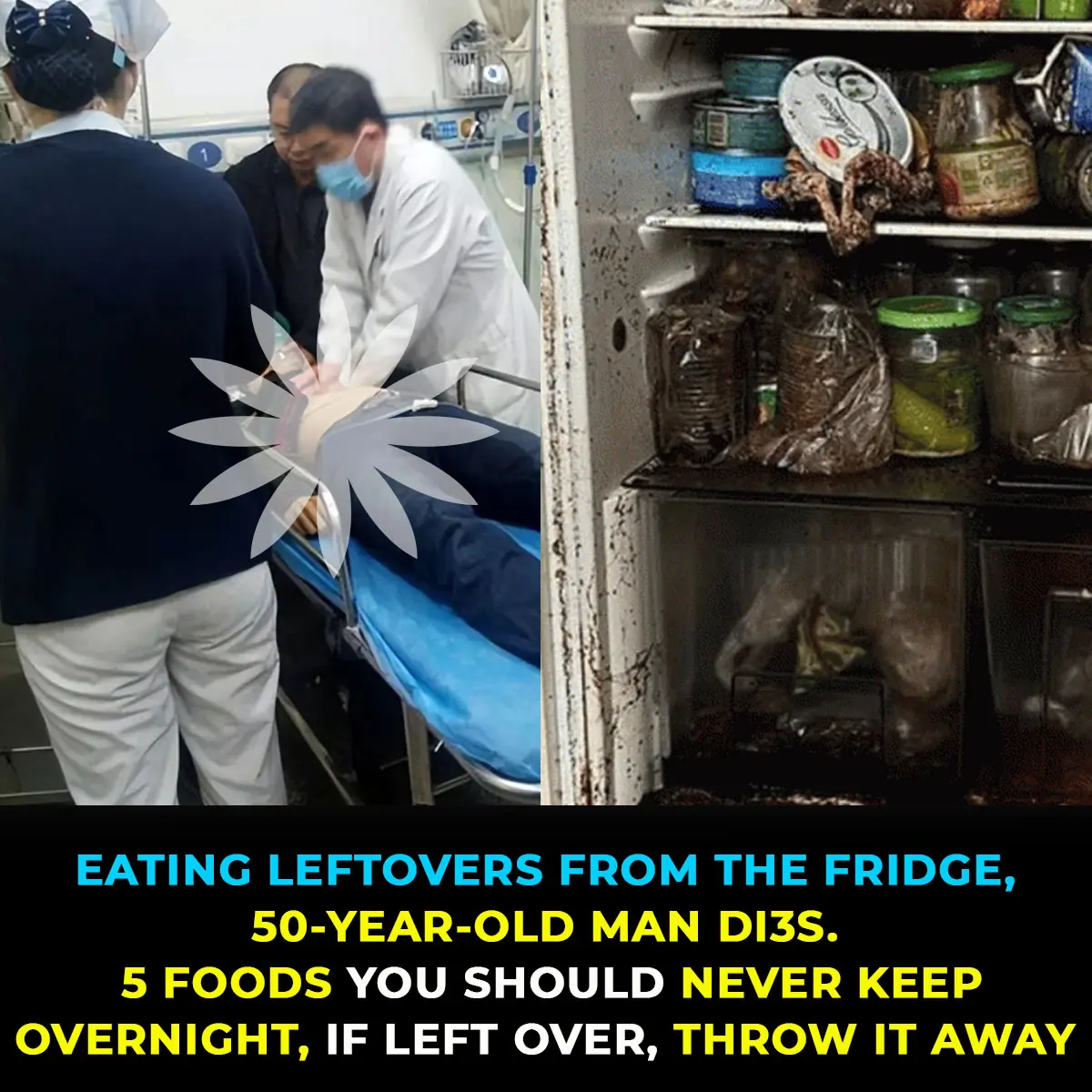
5 Common Foods That Turn Toxic If Left Overnight

The Hidden Meaning Behind Leg-crossing — It’s More Than Just Comfort
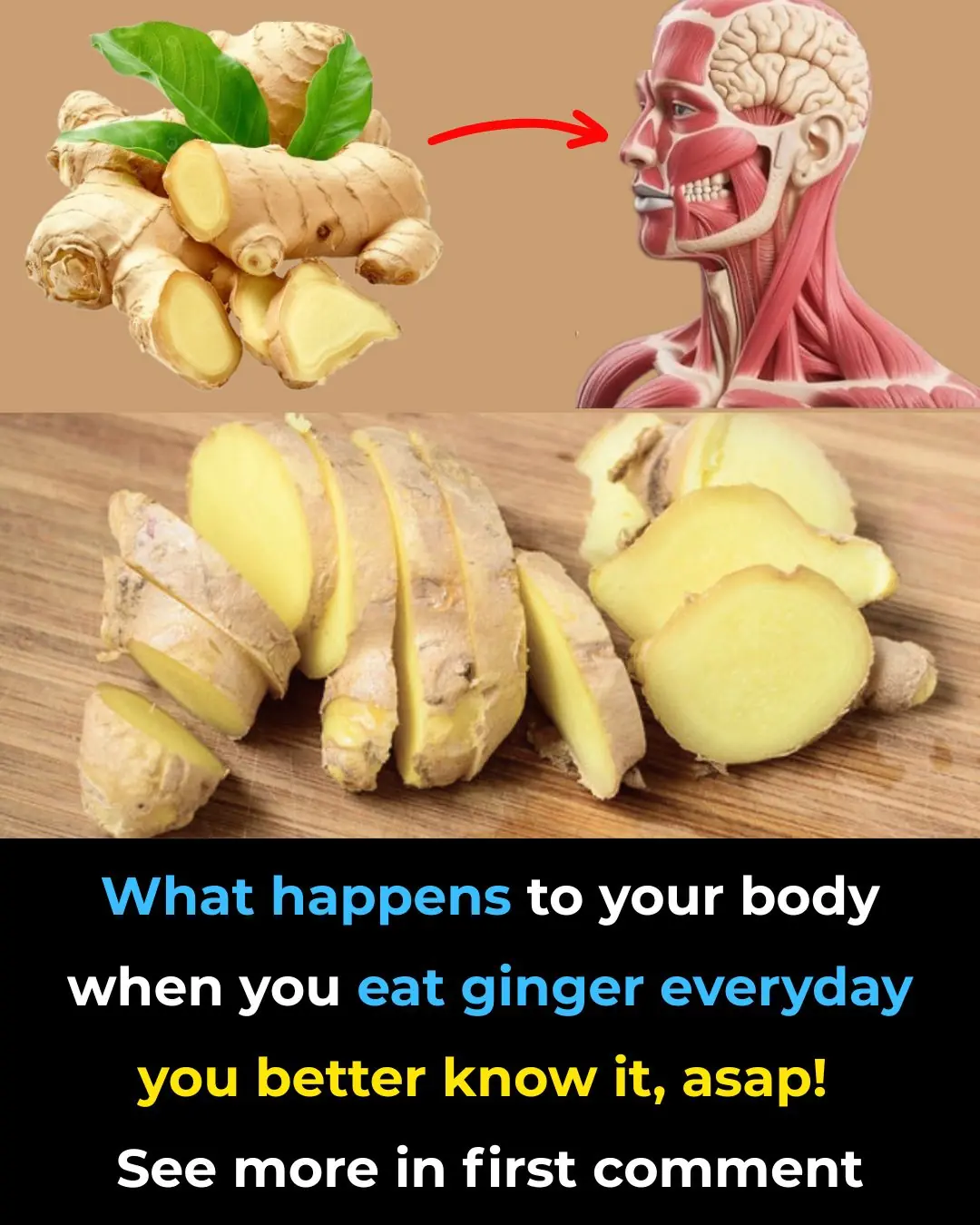
12 Remarkable Health Benefits of Ginger
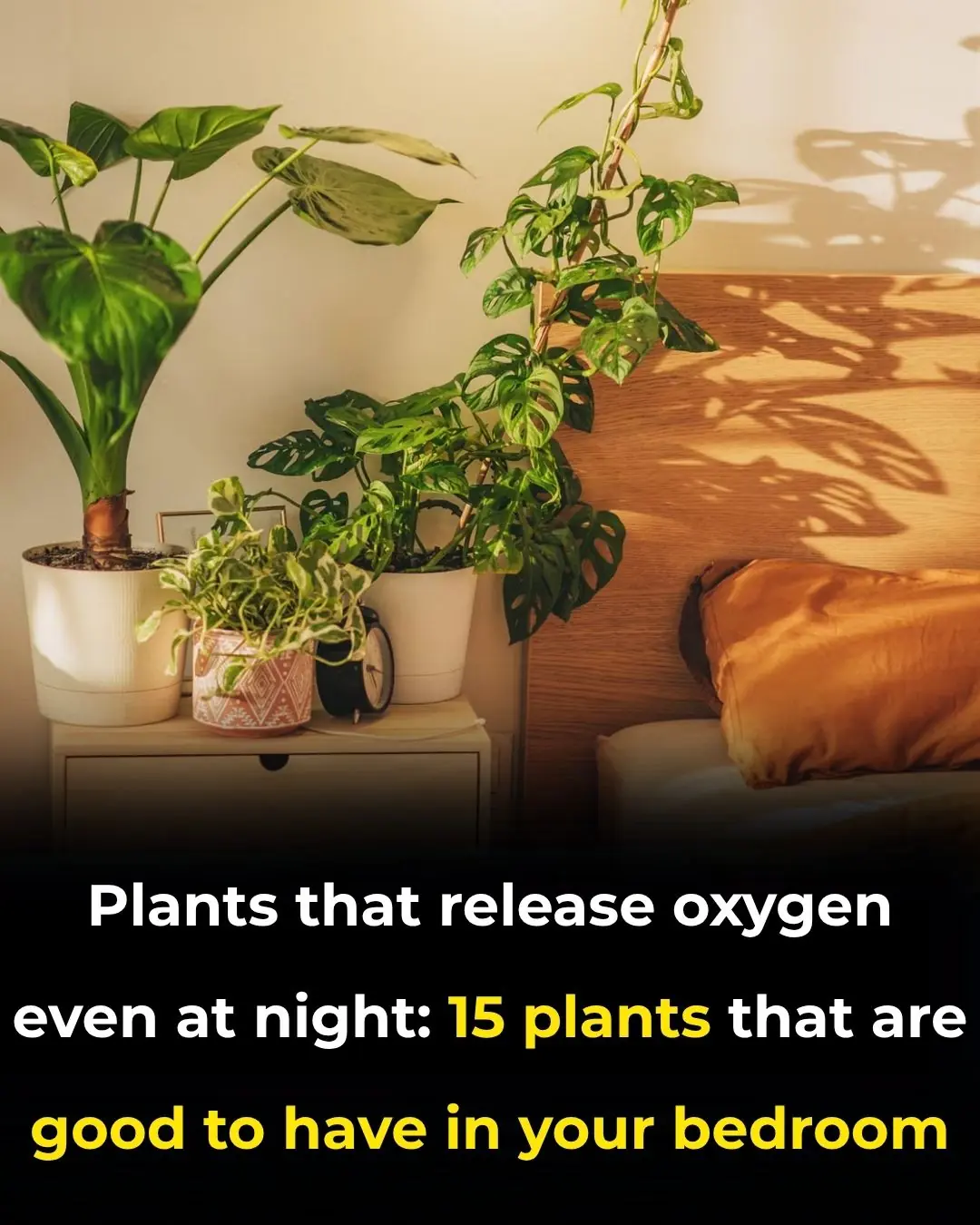
17 Best Bedroom Plants for Clean Air & Low Light – NASA Study
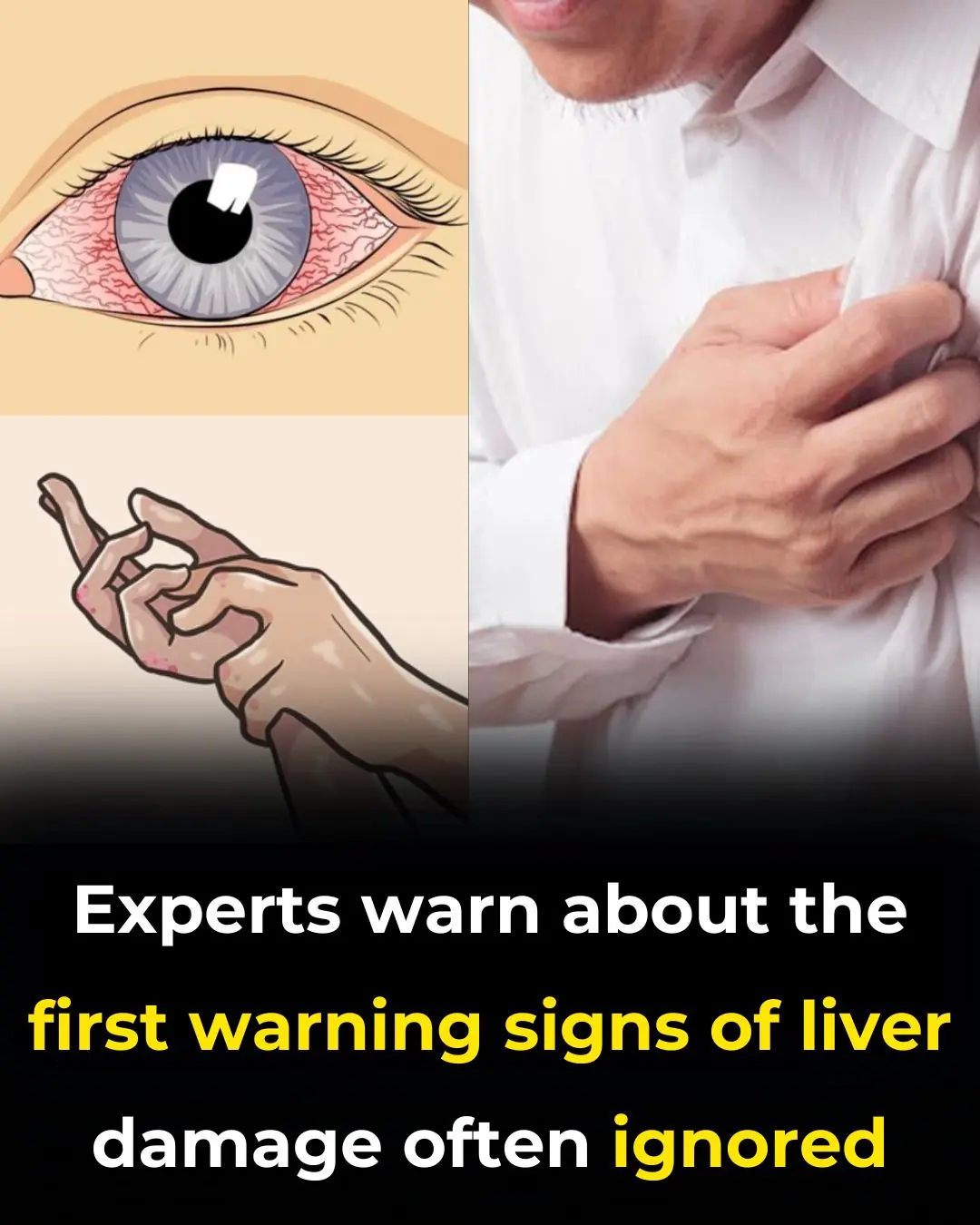
Early Signs of Liver Damage & How to Strengthen Your Liver
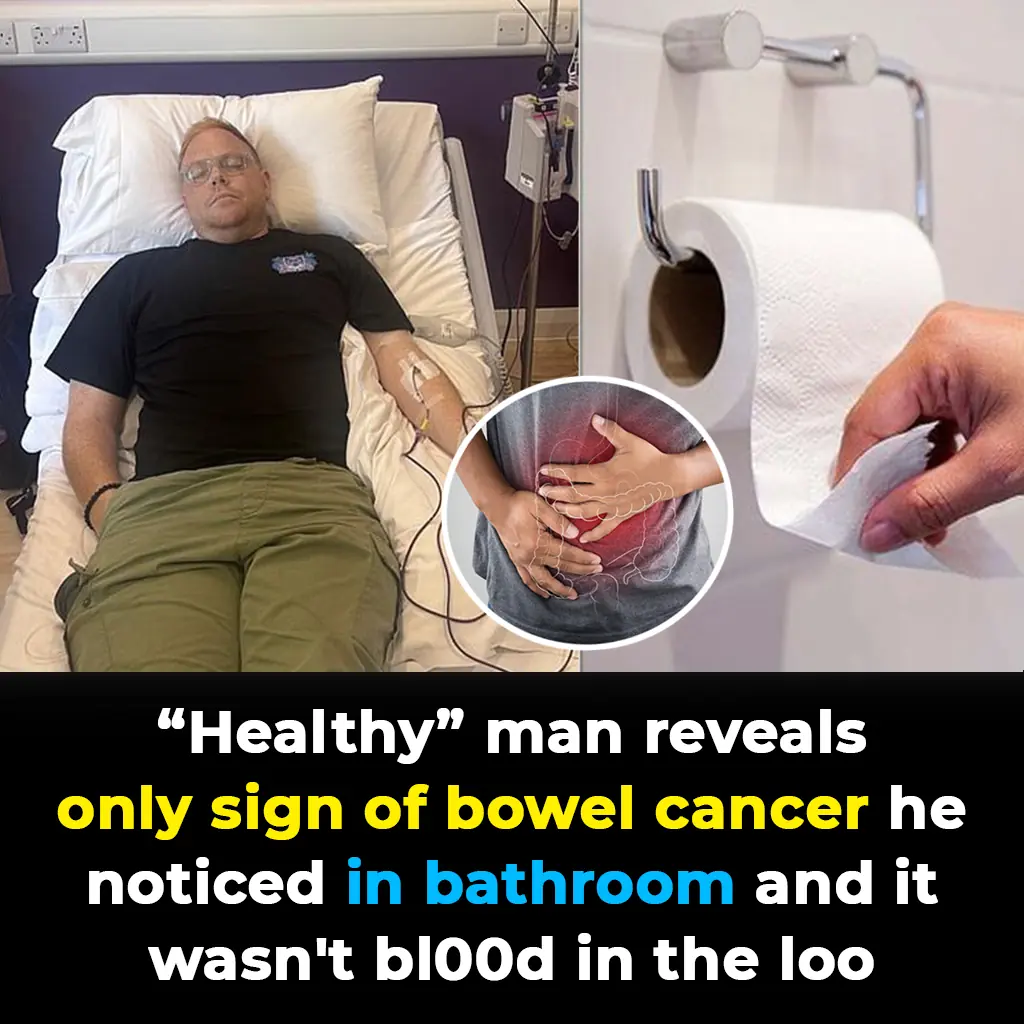
'Healthy' man reveals only sign of bowel cancer he noticed in bathroom - and it wasn't bl00d in the loo
When 38-year-old Dave Paxton noticed his stool had turned darker than usual, he had no idea this small sign would lead to a devastating cancer diagnosis—one so rare that only 22 people in the world have ever had it.
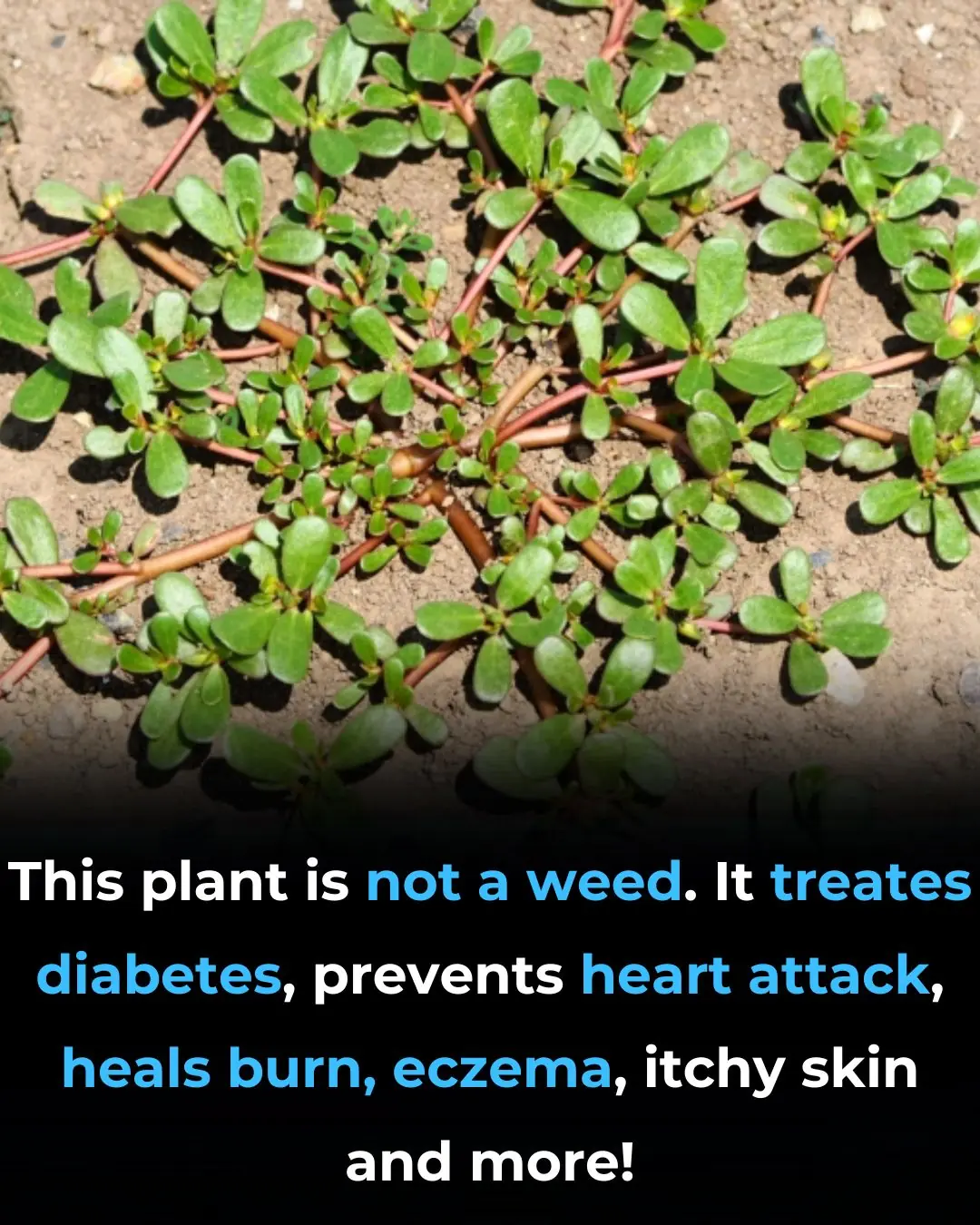
Purslane (Portulaca Oleracea): The Weed with Extraordinary Benefits (Science Based)

Consciousness Is Not Confined to the Brain, But Is Connected To The Whole Universe, Scientists Say
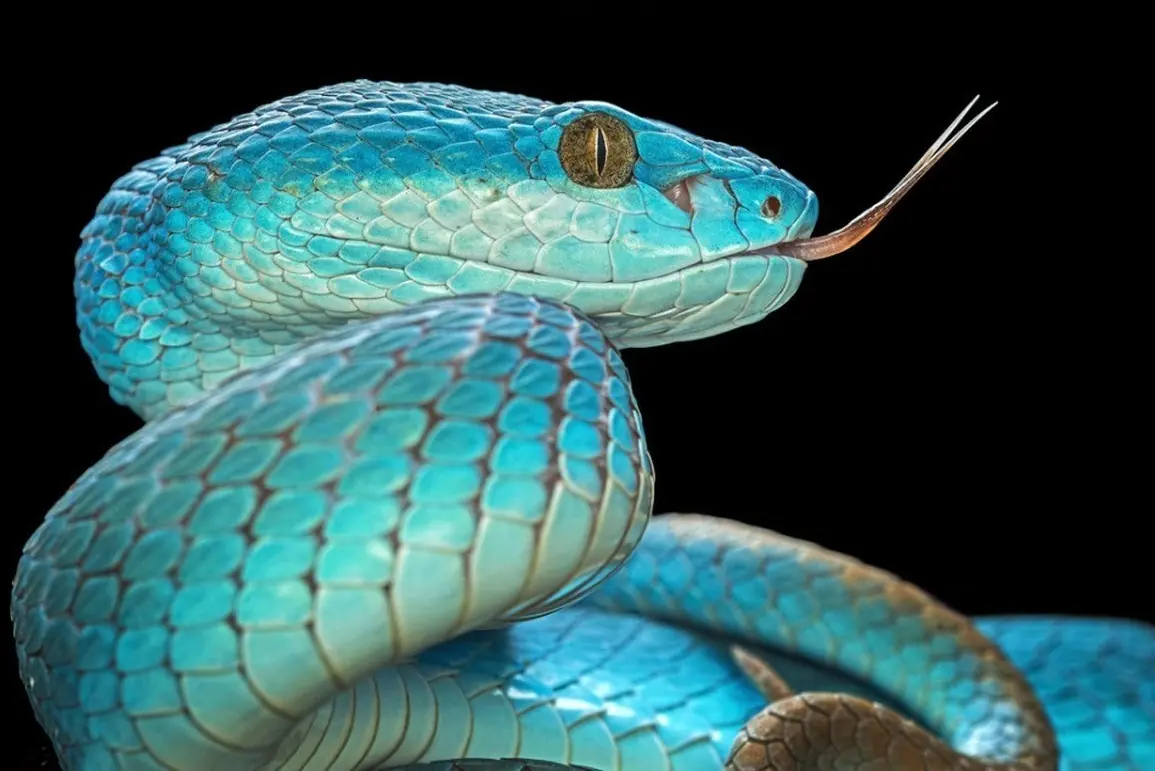
After Surviving 800 Snake Bites, This Man’s Blood Could Be the Universal Antivenom the World’s Been Waiting For
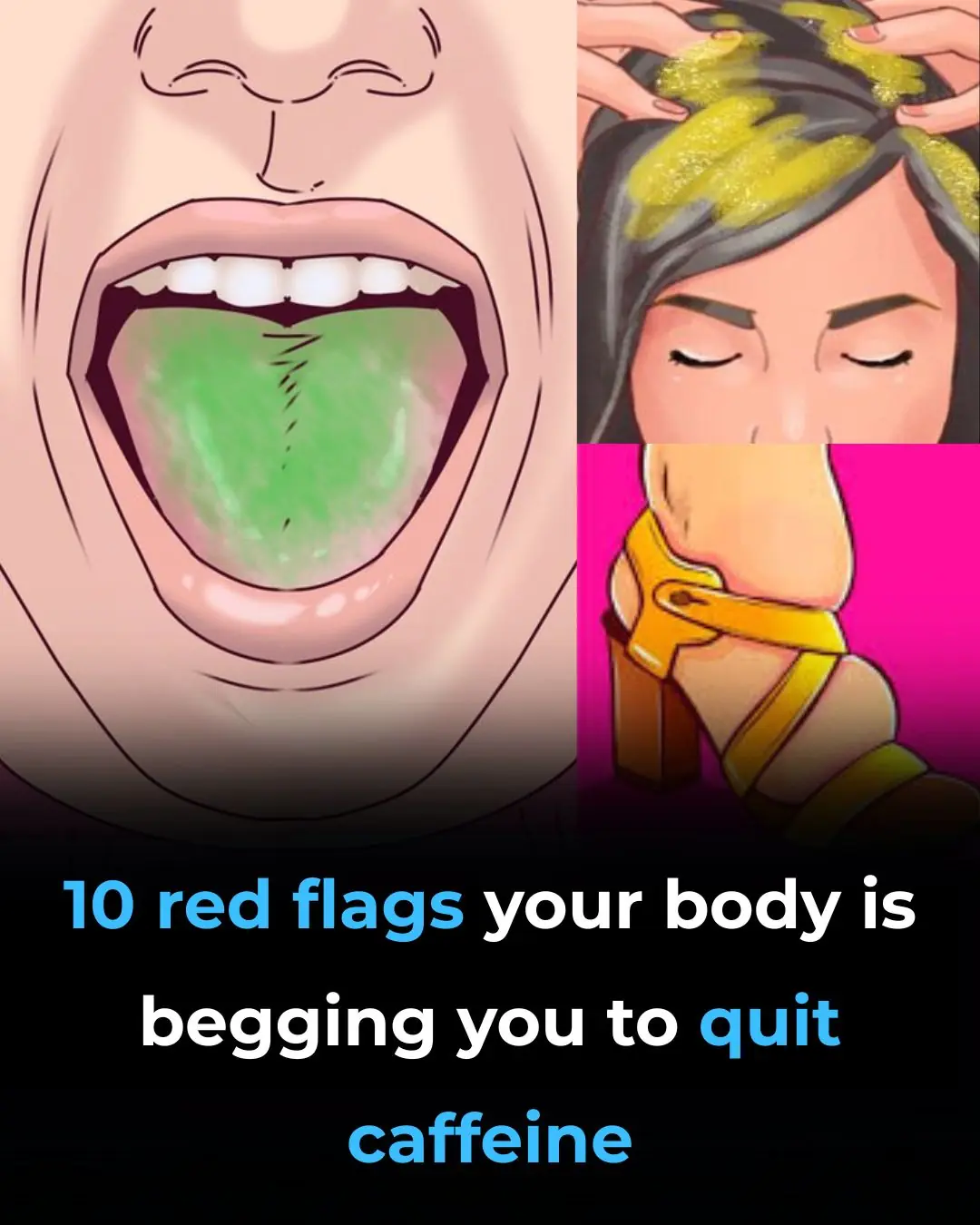
10 Warning Signs It’s Time to Cut Back on Caffeine

“Cases Are Exploding”: Living Near a Golf Course May Raise Your Risk of Parkinson’s, Study Warns
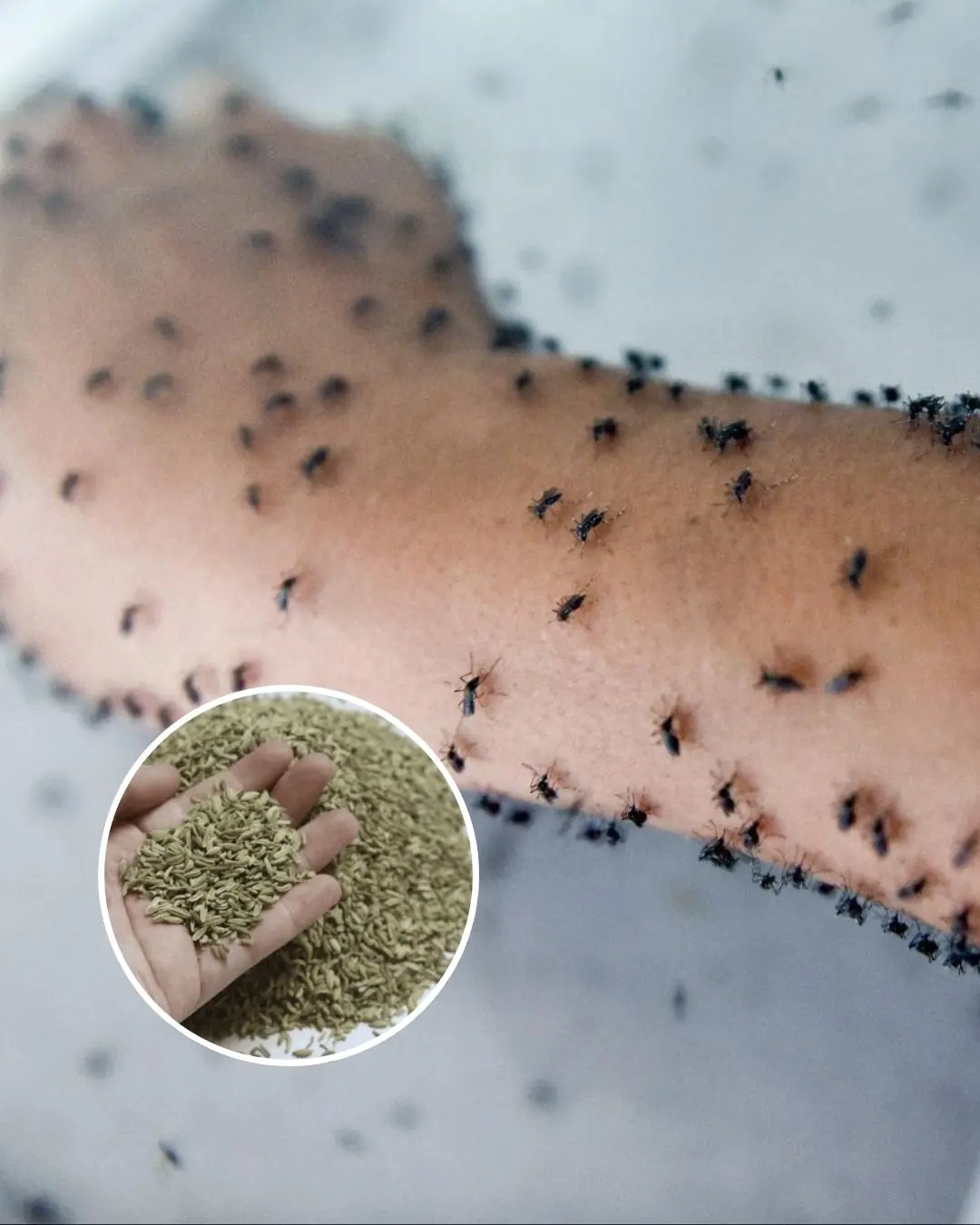
You’ll never see mosquitoes again if you do this

What to Eat to Boost Energy After 60: Key Foods for Vitality and Well-being.
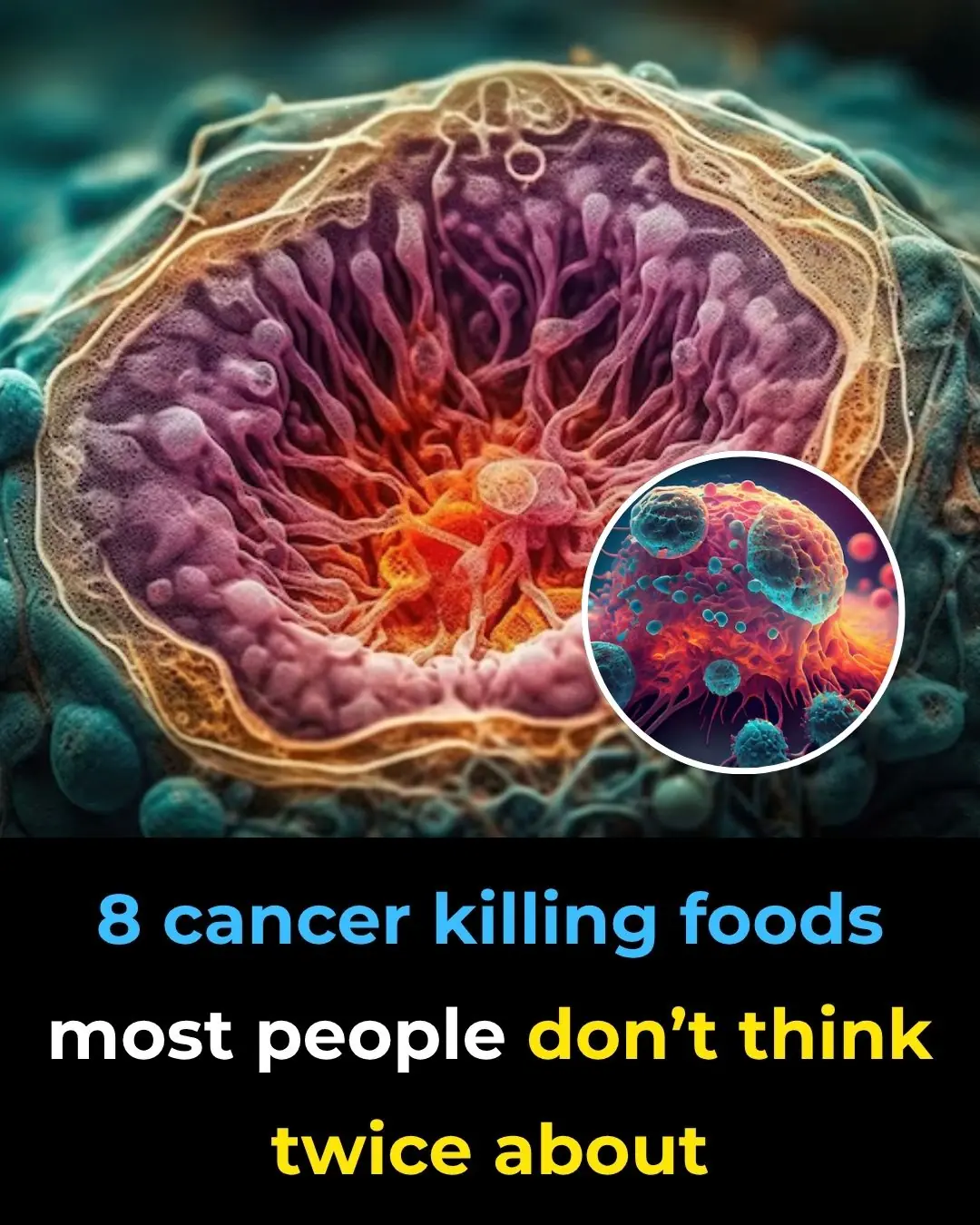
8 Foods That Help Eliminate Cancer Cells
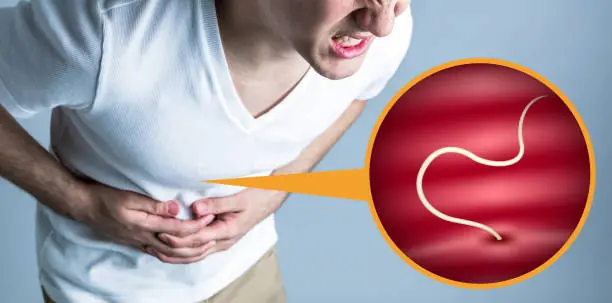
How to Tell If You Have Intestinal Parasites and What to Do About That
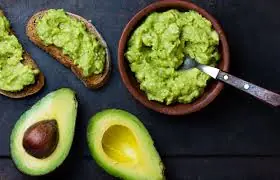
Scientifically Proven Health Benefits of Avocado and Avocado Seeds
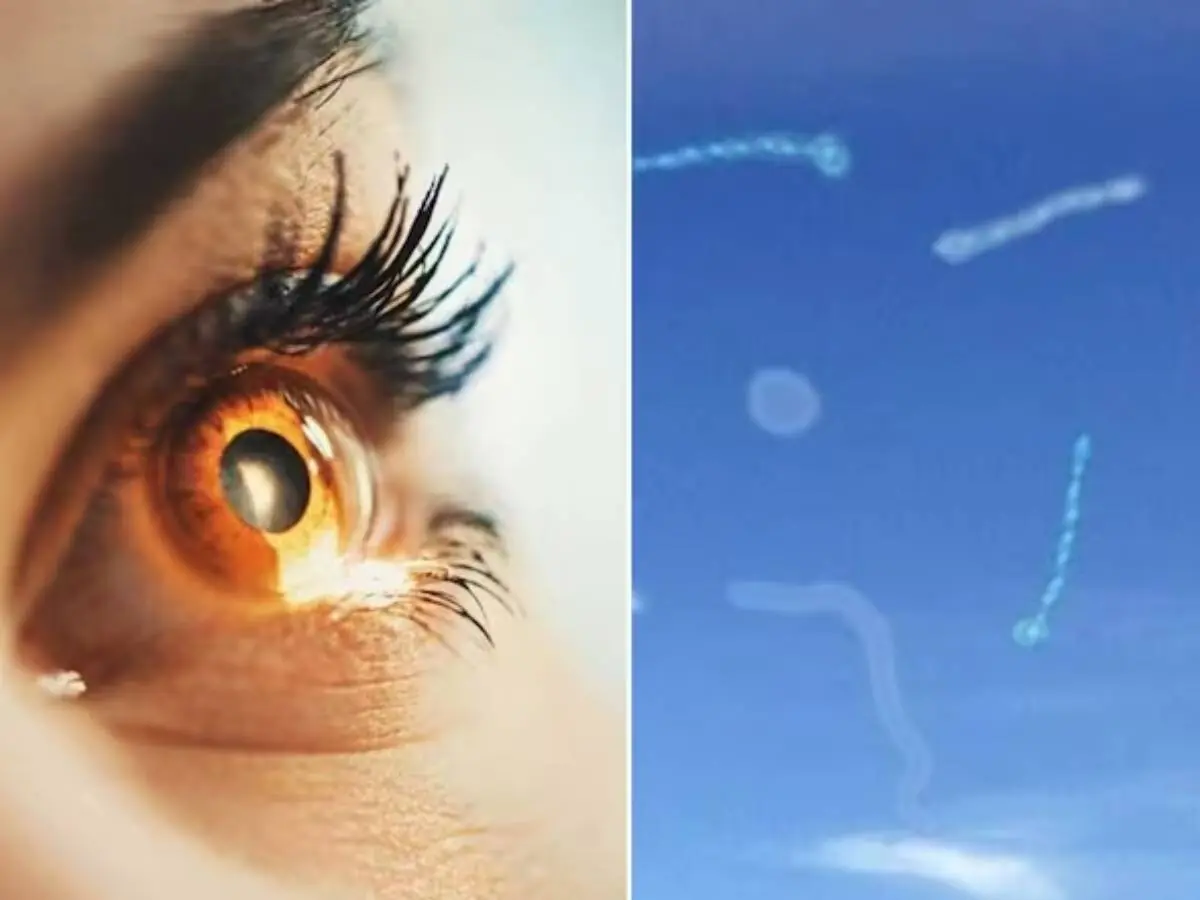
An Eye Specialist Explains What To Do If You Begin To See “Floaters”
News Post

P@rasite Found In Br@in Of 10-Year-Old Girl After Eating Undercooked Meat Leaves Experts Horrified

Ancient Inscriptions Inside Great Pyramid Rewrite History Of Its Builders

5 Common Foods That Turn Toxic If Left Overnight

Nurse at palliative care reveals the top 5 regrets of people right before they di3d

The Hidden Meaning Behind Leg-crossing — It’s More Than Just Comfort
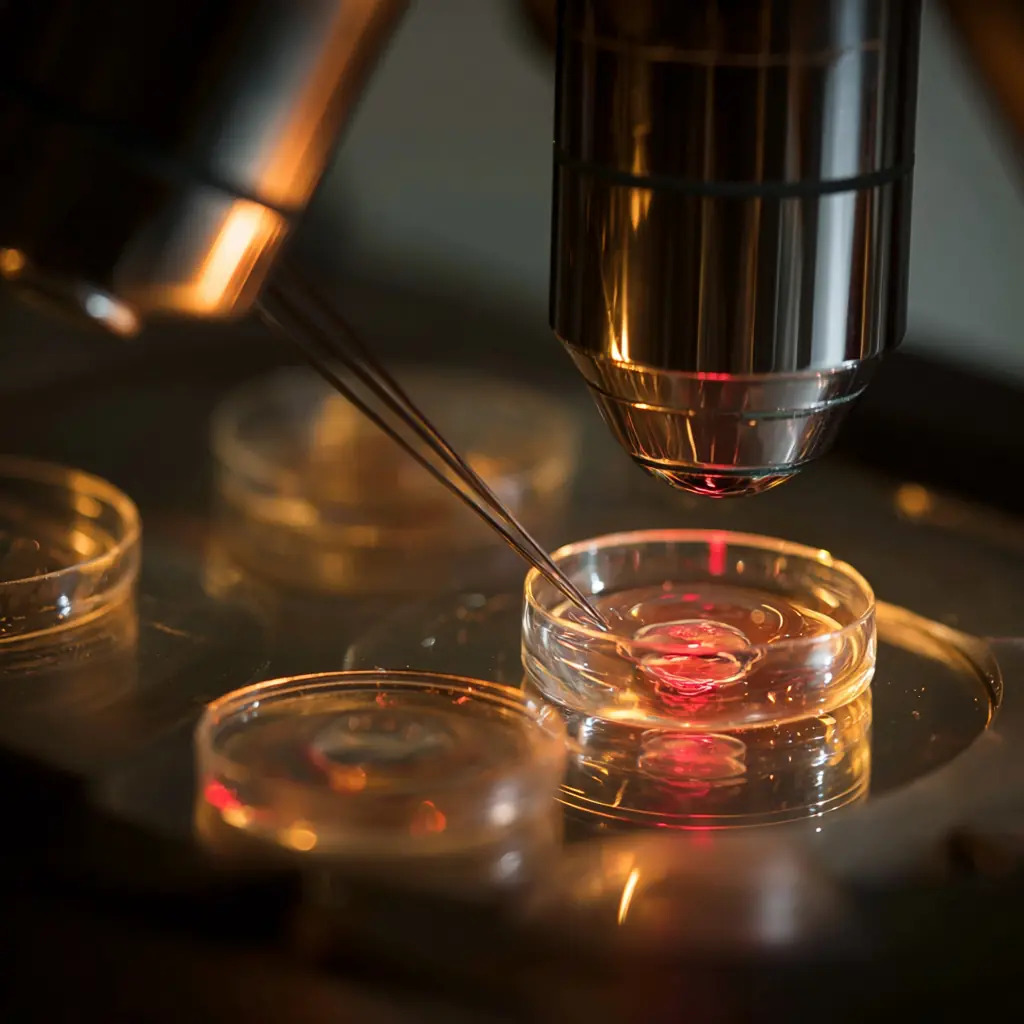
ScienceScientists Found The Hidden Factor Behind the Global Infertility Crisis, And It’s Terrifying
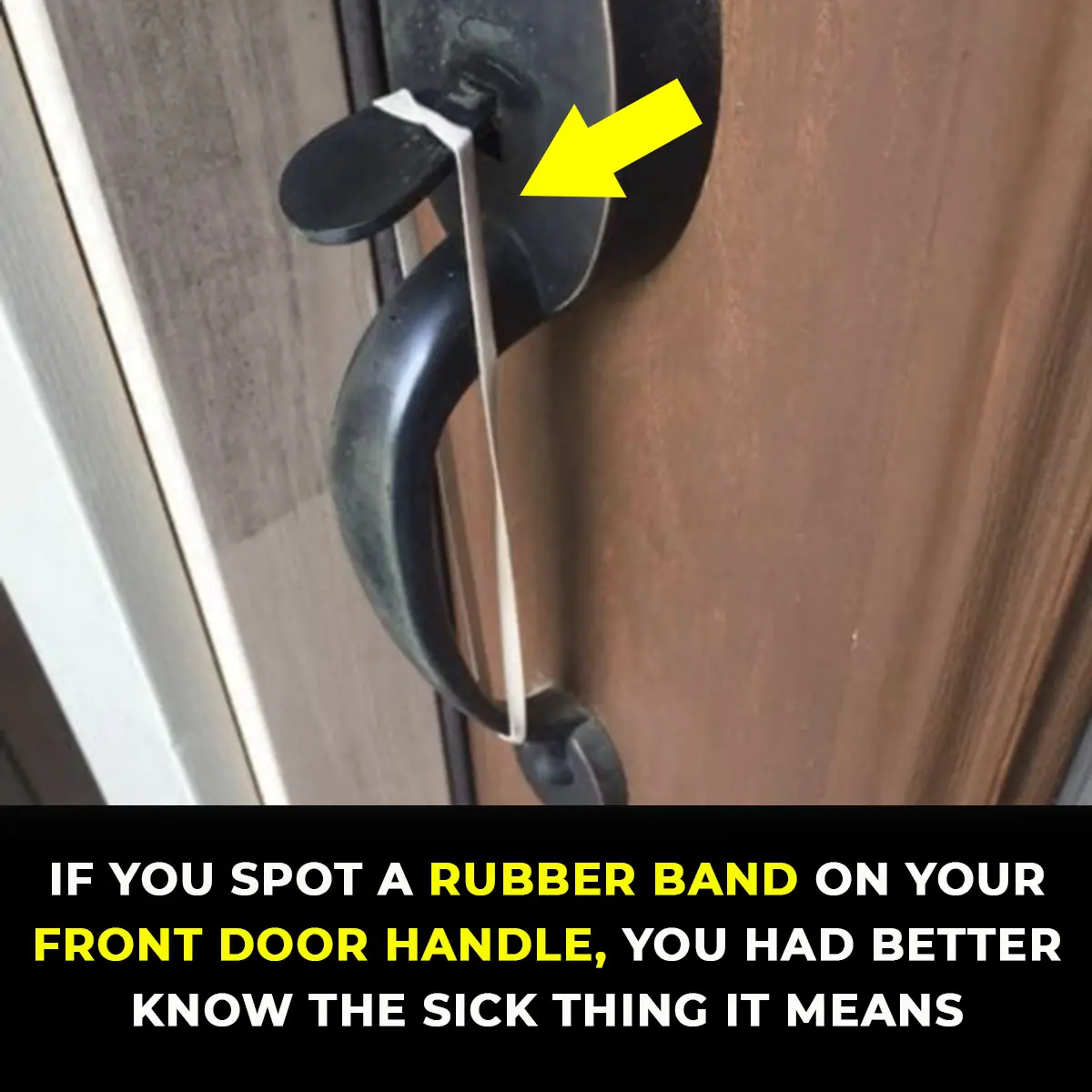
Off The RecordIf You Ever Notice Your Door Handle With A Rubber Band On It DO NOT Touch It

CelebrityTop FBI Official Makes Chilling Claim About Epstein Investigation

Jake, a Single Dad, Discovers a Heartwarming Breakfast Surprise

12 Remarkable Health Benefits of Ginger
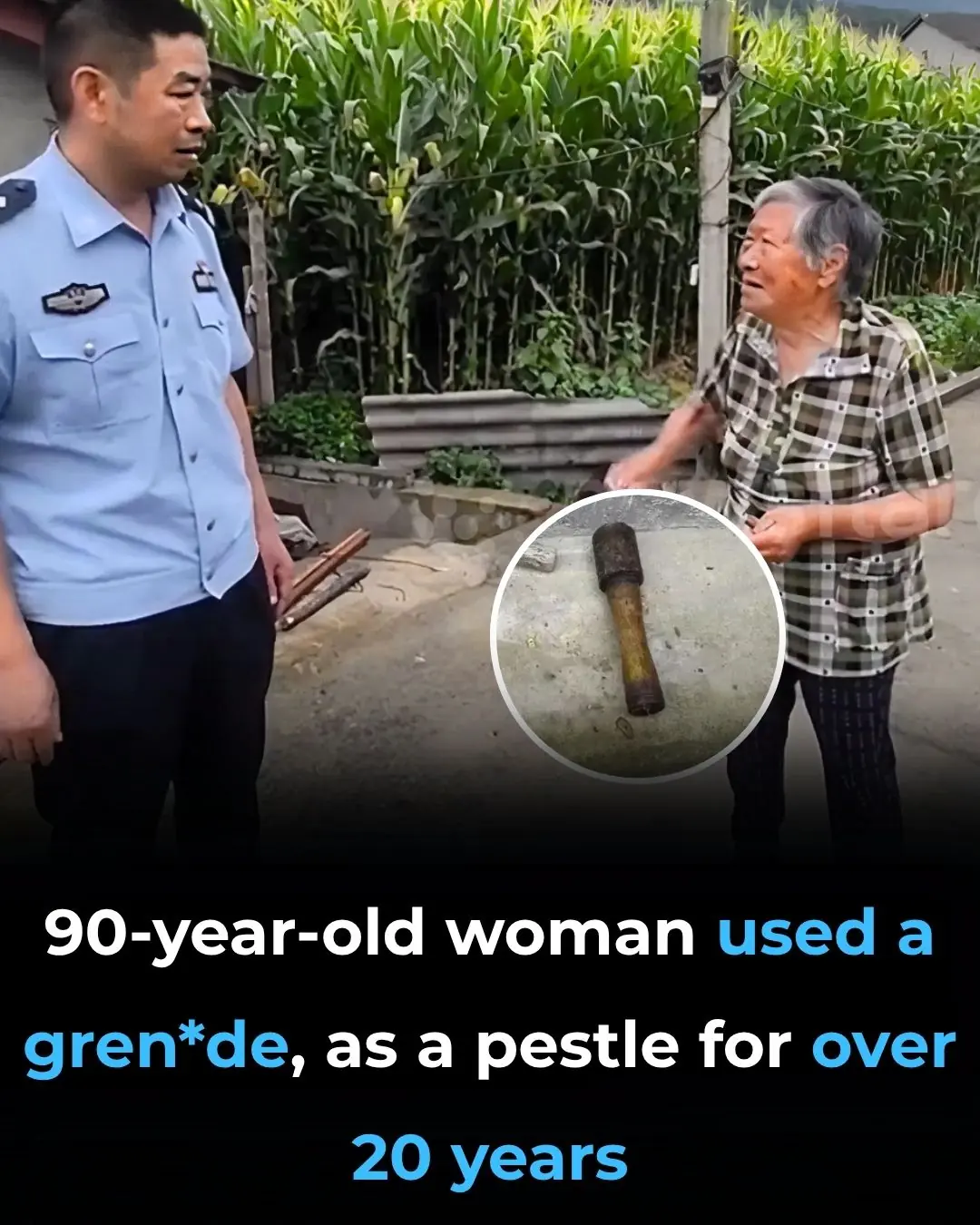
90-Year-Old Woman Used a Grenade as a Pestle for Over 20 Years
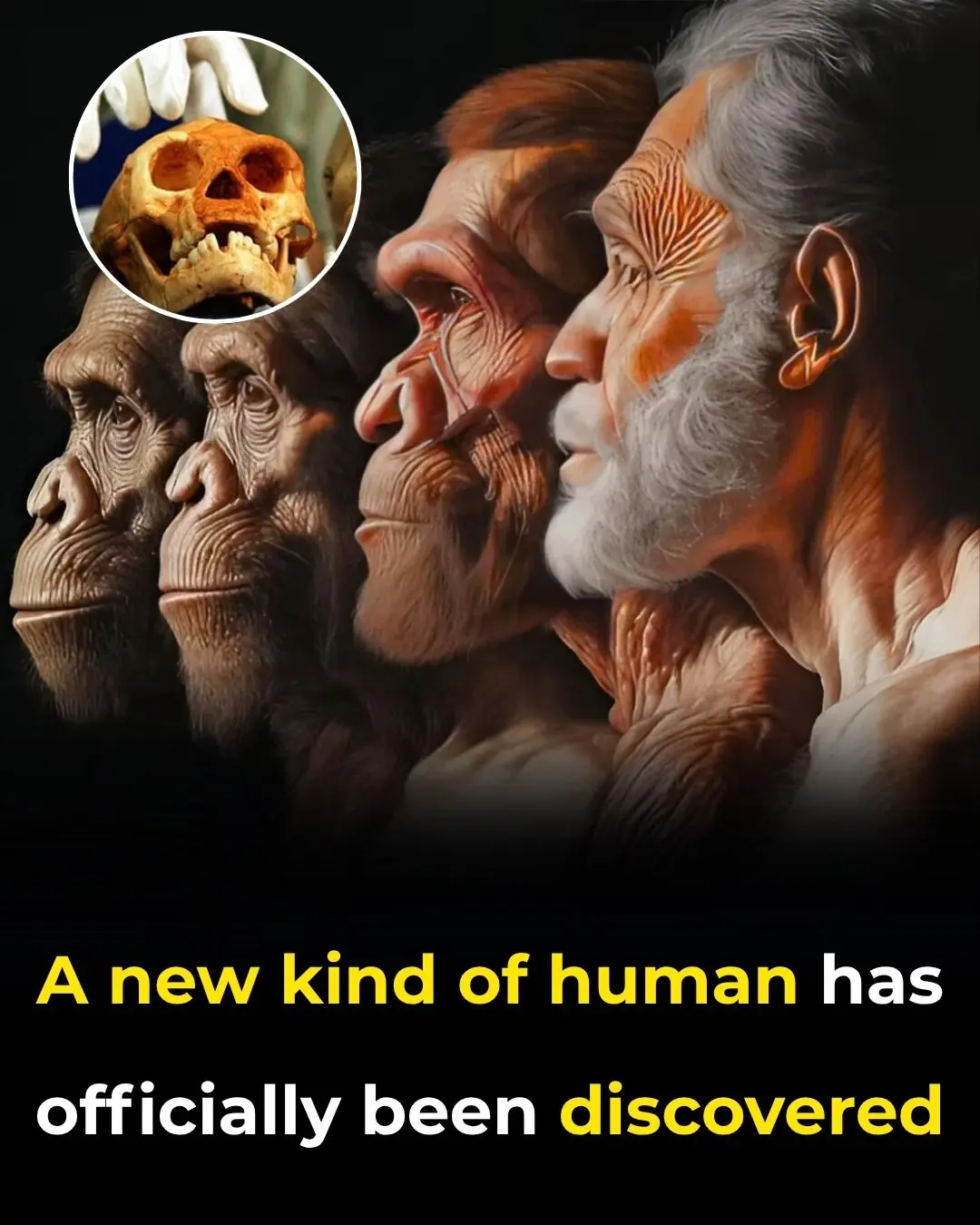
A New Kind of Human Has Officially Been Discovered

Scientists Finally Reveal the Chilling Truth Behind Blood Falls In Antarctica
Deep beneath Antarctica's frozen surface lies a crimson waterfall so eerie and surreal, it appears the glacier itself is bleeding. Known as Blood Falls, this chilling natural wonder holds secrets that could reshape our understanding of life on Earth—and

Mama Dog Walks Into Vet Clinic With a Heart-Melting Request — Over 3 Million Views.

From Lonely to Loved: How a Tiny Horse Found the Friend He Needed Most.

17 Best Bedroom Plants for Clean Air & Low Light – NASA Study

Early Signs of Liver Damage & How to Strengthen Your Liver

'Healthy' man reveals only sign of bowel cancer he noticed in bathroom - and it wasn't bl00d in the loo
When 38-year-old Dave Paxton noticed his stool had turned darker than usual, he had no idea this small sign would lead to a devastating cancer diagnosis—one so rare that only 22 people in the world have ever had it.
